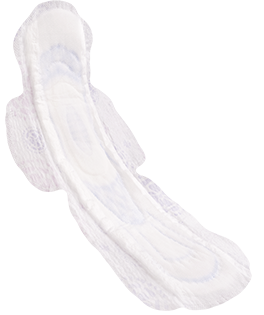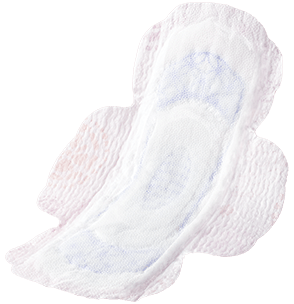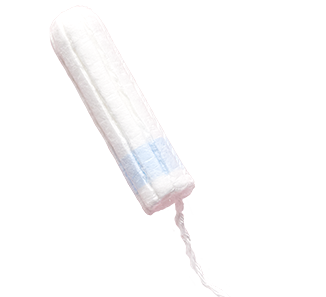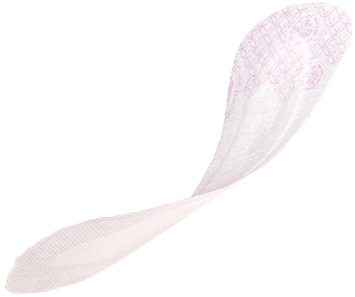by Dr. Jessica Shepherd
Your young girl’s first period can be a nerve-wracking, exciting and confusing experience all at once. This is all normal and once they know what is really happening with their body, they will be able to deal with their first period like a pro. As a parent or guardian, creating a safe space for them to be open about the experience is important and can help normalise the experience for your young girl.
Be prepared with a first period kit
Your child may be feeling quite nervous about the exact time and day their period will come, so you can help them make a kit to put in their backpack or purse, so that they are never without the products they will need! Some ideas of what to include in the kit are:
- Spare panties
- A variety of period products including Kotex® pads and liners
- A little plastic bag (for the used panties)
- Wet wipes – we recommend Baby Soft flushable wipes (they always come in handy)
- Painkillers*
- Sweet treats (because they deserve it!)
What happens on their period?
It is not abnormal for a young girl to experience some uncomfortable symptoms such as sensitive breasts, diarrhoea/nausea, cramping in their lower abdomen, leg pain, hip pain, dizziness and lower backache. They can also get cramping without a period, which could simply be a sign that it is about to begin. You can help them use a heating pad on those areas that are giving them discomfort or take an over-the-counter painkiller* to help manage the pain.
Exercise and diet can help in managing any digestive changes during their period as well. For diet, I recommend young girls drink lots of water, aiming for three servings of dairy each day and cutting out the junk-food and oily takeaways.
You can also recommend that they wear a liner on the light days of their period, and a pad on the heavier days to start. And how often should they change their pads or liners? The answer is often, (whenever they feel moist) to help prevent vaginal yeast infections. Wearing liners while menstruating is one of the top ways to avoid a future yeast infection. Also, let them know that they do not have to put in a tampon right away! Let them get used to the feeling of having their period first before helping them learn to insert a tampon.
How long do periods last?
Well, the first time a girl gets their period, it can take between two to seven days, and it will probably be light with a brownish colour.
Most females have a 28-day cycle, which means there are 28 days between the first day of one period to the first day of the next. If their cycle is shorter or longer (between 21 and 35 days), that is OK too. They might also find that for the first couple of years after the first period, they might still have irregular cycles and some spotting. It could take time for their body to find its rhythm, but you can help them notice a pattern. I recommend all females should use a period tracker to calculate their period until their cycle regulates, and this could even be something that you do together with your young girl as a mother or female guardian.
How will they know when their period is ending?
Usually when the blood stops, in about 5-7 days. They may have light brown discharge for the last couple of days, so recommend that they use a liner on their lighter days. It is also common for them to have lower back pain or cramps at the end of their cycle.
One of the most important things to remember is to encourage young girls to not put their life on hold because they are having their period! Women usually have periods from 9 to 53 years old on average. If you think about it, that is a long time and a big chunk of your life. Talk about it openly and help them find ways to make it feel normal (quality of life needs to stay the same: hang out with friends, doing workouts, and enjoying life).
About Dr. Jessica Shepherd: Dr. Jessica Shepherd is an OB/GYN, women's health expert and the founder of Her Viewpoint, an online women's health forum that focuses on addressing taboo topics in a comfortable setting. She currently practices at Baylor University Medical Center in Dallas, TX.
The advice provided in this material is general in nature and is not intended as medical advice. If you need medical advice, please consult your health care professional.










